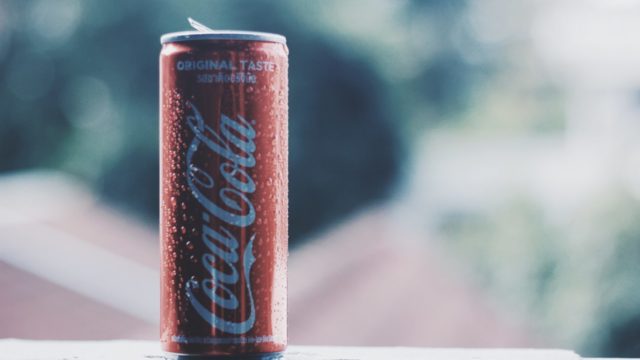
Metals Warehouse, an ISO-certified company with over 20 years of experience in supplying the production industry, offers you a wealth of information, skills and a vast selection of stainless steel products and aluminium supplies.
We are the largest suppliers of aluminium and stainless steel in the UK, selling a wide range of high-quality products, including checker plates, metal sheets, bars, tubes, and much more. They are available in different sizes, whether standard or cut to size and are fully-certified premium materials.
At Metals Warehouse, our aluminium products consist of sheets, angles, U channels, flat bars, rectangular and square tubes, rods, t-sections, and tread plates that are all available in different sizes and can be cut to a required size by the customer. Our stainless steel products consist of sheets, angles, rods and rectangular, square and round tubes with a variety of thicknesses, grades and finishes.
Aluminium Uses And Recyclability
Aluminium is the most abundant metallic element on Earth, which is a lightweight and silvery-white metal with a lifespan of over 40 years for building and over 80 years for window frames.
It is the most commonly used non-ferrous metal used for a wide range of items including cans, foil, utensils for the kitchen, window frames, and airplane parts, which are composed of aluminium due to the special properties of the element.
It is not toxic, has high thermal conductivity, has excellent corrosion resistance, and is easy to cast, machine and shape. The recyclability and reuse without the loss of material quality is the fundamental property of this lightweight metal.
Aluminium is also beneficial in every step of its lifecycle, from production to its end. It can be recycled and reused, thereby preventing the use of primary metal and saving CO2 emissions.
Recycling can occur at any stage of the aluminium life cycle:
- Scrap created during the transformation in internal processes.
- Scrap provided by customers during milling, stamping, and other processes. Due to their cleanliness and value, recycling the scrap provided during all production phases is crucial.
- The end-of-life scrap of the by-products containing aluminium such as beverage cans or automobile hoods is a major factor in saving CO2 emissions as recycling only needs 5% of the energy.
Stainless Steel Uses And Recyclability
Stainless steel refers to any kind of steel containing a chromium content greater than 10.5% and with a lifespan of over fifty years. Stainless steel is easy to sterilise, 100% recyclable, and used in many applications.
In contrast to regular steel, stainless steel is prone to rust and corrosion due to water exposure. Stainless steel is most often used in applications that require the unique properties of steel and corrosion resistance. For example, perforated stainless steel sheets are widely used in industrial applications for proper ventilation of the room comprising machines.
It is melted in coils, boards, plates, tubes, and bars. Within the lifecycle of stainless steel, recycling and production are not considered different stages. Each stainless steel product consists of at least 60% of recycled steel.
Stainless steel can be recycled an infinite number of times without losing its strength and other properties. All stainless steel has magnetic properties, with the notable exception of austenitic grades, which make for easy separation from the recycling stream.
Overall, the processing of stainless steel does not emit a substantial amount of carbon dioxide, besides it has a much lower carbon footprint than aluminium and magnesium. Moreover, stainless steel is considered a highly durable and long-lasting element in the world.





